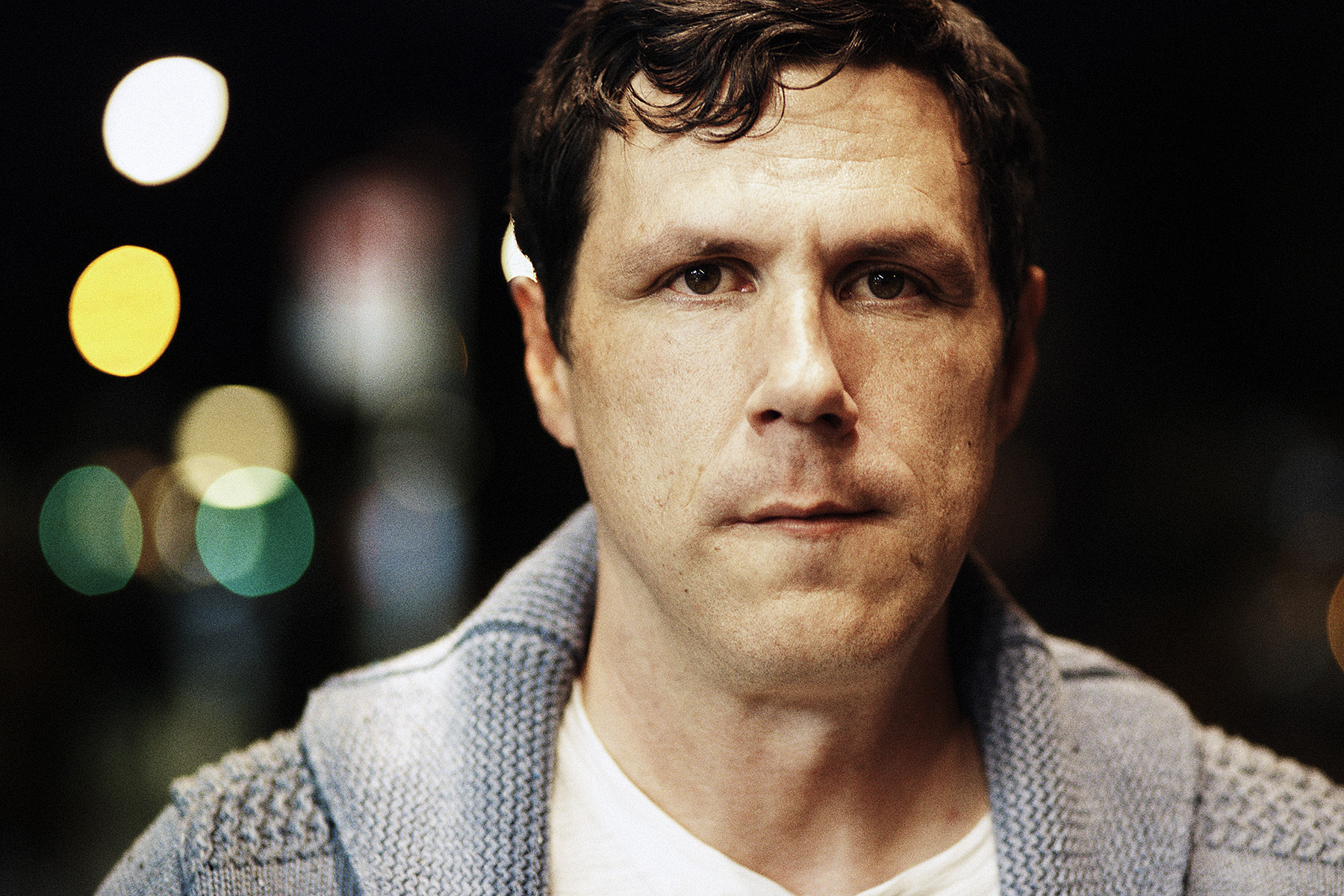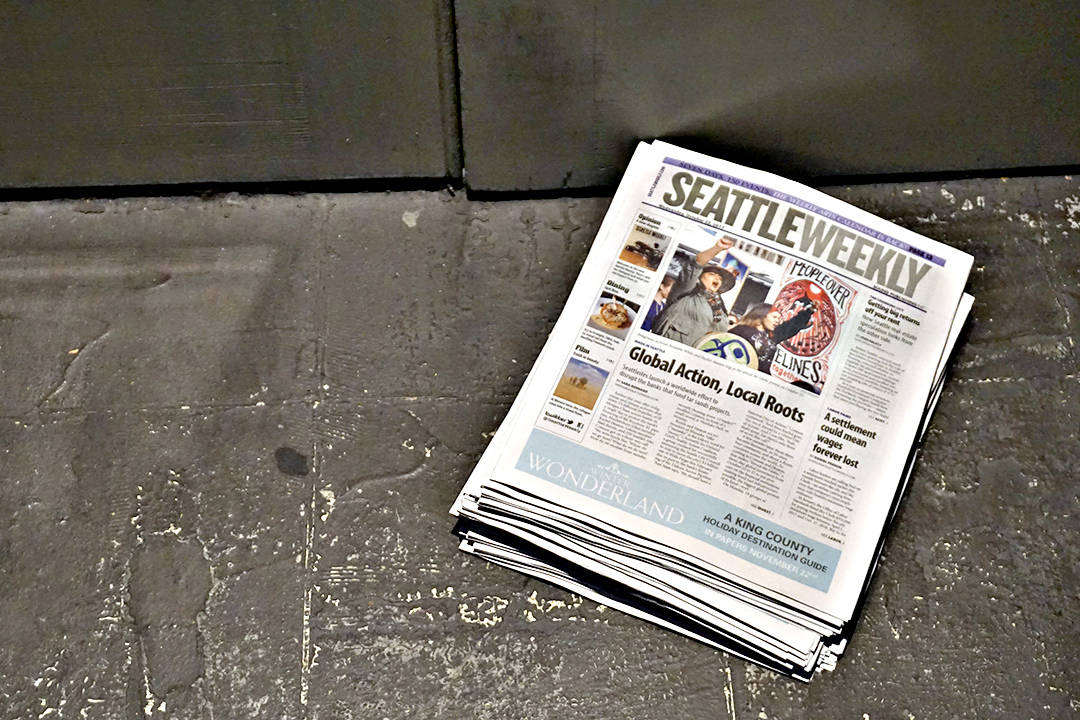Around the time that Damien Jurado released his eighth full-length album, Caught in the Trees, in 2008, the Seattle songwriter took to playing a prank on his adoring fans during live sets. Someone would shout the name of a particular song of his, a favorite. It was always the same song, “Ohio,” the lead-off track from his 1999 album, Rehearsals for Departure. “Ohio,” replete with harmonica, is an earnest folk story-song about familial disintegration and hopeful reintegration. It’s apparent why it’s a favorite. Jurado’s vocals are clear and immediate, his innate sense of melody giving the song an unlikely muscle.
Jurado would play a couple measures of the song and then pull up short before moving on. Laughs would follow. It was a middle finger to his fans, but it rarely offended because it seemed as much a middle finger to himself. What Jurado thought of the song’s subject matter itself was never really clear. What was clear was that after 10 years, he was tired of playing it.
Caught in the Trees was the sound of the 35-year-old artist closing a chapter; written in the midst of a divorce, the album’s songs were largely about transformation. Jurado was slipping out of the past and into an unknown future. It was an emotional time for the songwriter, who told me at the time that he wept while recording some of those songs. On “Caskets,” he sings that “You must remove the skin, and burn it all for fuel.” On the album’s closer, “Predictive Living,” he sings, over a mournful cello, “Just when you thought you had me pegged, thinking I’m the same, then I go and change.”
I dredge up this recent history because it is necessary to understand the place where Jurado now finds himself, at the seeming apex of that transformation, on the cusp of releasing his 11th and finest album yet, Brothers and Sisters of the Eternal Son. The album is unmistakably Jurado in voice, melody, and sensibility, but it also stretches the songwriter’s craft into radical directions, both sonically and thematically. The album, as Jurado has told numerous interviewers, is based on a dream. It sounds that way: soaked in reverb, filled with a radioactive buzz, edged with ragged vibrations, and punctuated with devastating grooves. Lyrically, Jurado has left the stark reality where his songs have always resided. He is still concerned with heavy themes—the titular brothers and sisters, who all share the first name Silver, are awaiting the second coming of Christ, after all—but this is not an album about Jurado, at least not in the way Caught in the Trees was.
Jurado is clear about whom to credit for shedding his self-conscious tendencies: Richard Swift, the producer with whom he first recorded after releasing Caught in the Trees.
“Richard has this idea about recording records,” Jurado told me at the time, assuming his guru’s voice. “Don’t fake it—don’t do a guitar take and then do a vocal take after you’re done with the guitar take. I just want to put two microphones in front of you, and I want you to perform the song, and I don’t care if you mess it up. I don’t care if it’s out of tune. I just want you to perform the song and put your heart into it.”
That has been the guiding force of Jurado’s music ever since, resulting in three full-lengths, each more elevated than the last: this latest album; its predecessor Maraqopa; and the duo’s first collaboration, Saint Bartlett. If you listen back to that first album, to the first song “Cloudy Shoes,” you will hear the first steps of the journey. In name, mood, and lyric, the song moves above Caught in the Trees. “Funny how we all can change, if we only try,” Jurado sings as an uplifting swell of synthetic strings plays behind him, his voice shadowed by a distorted echo.
mbaumgarten@seattleweekly.com
For a review of the record release show for Brothers and Sisters of the Eternal Son, click here.








